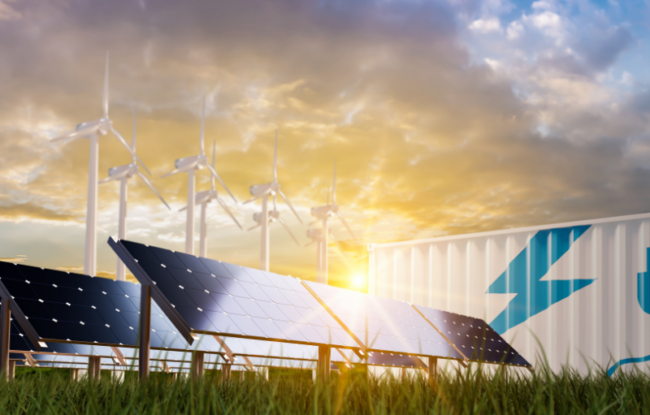Battery recycling firm Redwood Materials has closed a $350 million Series E funding round, led by Eclipse, with participation from NVentures, the venture capital arm of NVIDIA, and other new strategic investors.
The oversubscribed round will accelerate Redwood’s expansion across its two primary business lines: Critical Materials and Grid Energy Storage. The company refines and manufactures key battery materials, including cobalt, nickel, copper, lithium, and cathode active materials, and provides grid-scale energy storage solutions.
The company combines battery recycling, material refining, and energy storage manufacturing. Initially focused on battery recycling and cathode active material production, the company has now expanded into energy storage solutions.
With rising energy demands driven by AI infrastructure growth and widespread electrification, Redwood aims to deliver U.S.-made energy storage systems designed to support data centers, industrial applications, and the power grid.
In June, Redwood Materials launched Redwood Energy, a new business that deploys both used EV packs and new modules into energy-storage systems built to meet surging power demand from AI data centers and other applications.
In 2023, the company secured over $1 billion in a Series D funding round, which was jointly led by Goldman Sachs Asset Management, Capricorn’s Technology Impact Fund, and funds and accounts guided by T. Rowe Price Associates.
According to Mercom’s 1H and Q2 2025 Funding and M&A for Energy Storage report, VC funding in the sector totaled $1.7 billion across 36 deals, down 29% compared to the previous year. Energy Storage Downstream companies received the most VC funding in 1H 2025. Other top-funded categories included Materials and Components, Energy Storage Systems, Sodium-based batteries, and Thermal Energy Storage companies.
In September, ACT-ion Battery Technologies, a manufacturer of cathode active materials for lithium-ion batteries, secured $7.5 million in a Pre-Series A funding round. The funding is expected to significantly accelerate progress toward establishing a domestic supply of battery-grade lithium compounds.




